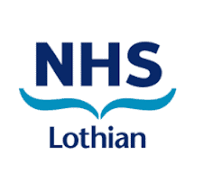Visceral referred pain

Warning
Definition
Visceral pain is a type of nociceptive pain, which is stimulated from within the visceral structures, such the stomach, bladder, uterus or rectum, but experienced elsewhere in the body. It occurs in somatic areas neuromerically connected (from the same neuromere) with the affected organs. The precise mechanism of this phenomenon remains unknown.
Evidence shows that gastrointestinal, biliary, renal, hepatic, heart and pulmonary disorders may refer pain to the upper quadrant of the body, including the neck region. For example:
- Liver and gallbladder - can refer pain to the right shoulder, scapula or chest wall
- Pancreas - can refer pain to the scapular region
- Cardiovascular – can refer pain to the left shoulder
Typical signs and symptoms
There is no clear test or sign to differentiate visceral and somatic sources of pain. Listening to the patient story and considering their PMH can help you decide whether a visceral source should be suspected.
General characteristics of pain due to visceral pathology
- Poorly localized with referral to somatic structures
- Can produce strong autonomic responses (pallor, profuse sweating, nausea, GI disturbances and changes in body temperature, blood pressure and heart rate)
- Can lead to sensitisation of somatic tissues
- Can produce strong affective responses
Other considerations
- Visceral disorders may cause referred altered sensitivity e.g. hyperalgesia or allodynia
- Radiation of pain to the neck and/or upper extremity occurs in more than 65% of cases of acute coronary syndromes
- 88% of patients with colonoscopy-induced splenic injury complain of pain along the C3–C4 dermatomes (due to irritation of the diaphragm or distention of the splenic capsule)
- Neck and upper extremity pain can also occur in more common, frequently long-lasting and not so life-threatening conditions, such as hiatal hernias and gastroesophageal reflux disease